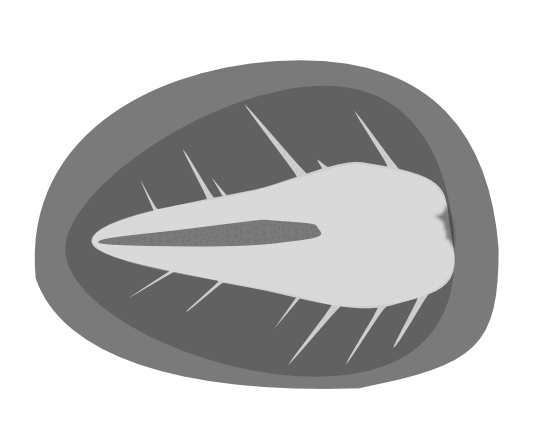How does the brain capture and represent the world?
Optimal decision-making requires the brain to properly represent and compute with sensory uncertainty and not just the best sensory estimates. The Bayesian brain hypothesis postulates that brains represent sensory uncertainty and perform probabilistic computations, utilizing statistical generative models of the world to arrive at a decision. Multiple theories on how cortical populations represent and perform probabilistic computations with sensory uncertainty have been proposed, but we are only beginning to see concrete experiments testing these theories.








